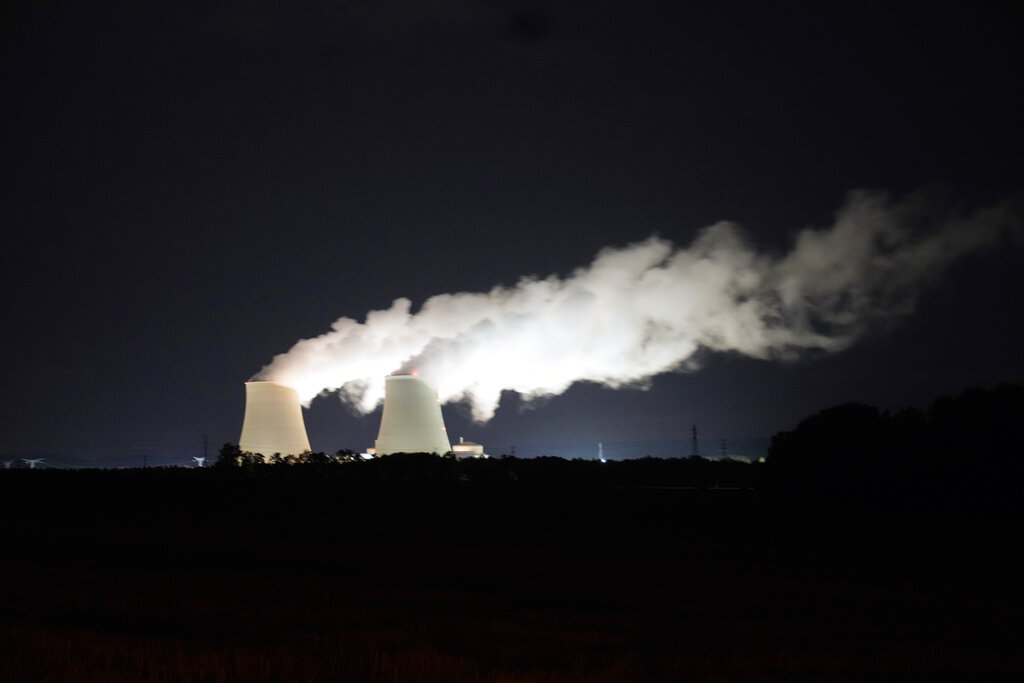Poland’s liberal coalition seeking to form the next government wants foreign companies in the country’s nascent nuclear energy program to buy an equity stake in the venture, according to recent remarks made by the chief energy adviser to Donald Tusk’s Civic Platform (PO), Grzegorz Onichimowski.
In a bid to boost its energy security, transition away from coal, and strengthen ties with the U.S., Poland’s conservative government picked U.S. partners, Westinghouse Electric Co. and Bechtel Group Inc., to design and construct the country’s first nuclear power reactors.
Donald Tusk, tipped to be the next prime minister should Law and Justice (PiS) fail to agree upon a coalition agreement with centrists already pledged to the liberal opposition, has claimed he’s keen on working with the U.S. on the project.
However, Onichimowski said the U.S. partners should take at least a 30 percent equity stake in the project of the first Polish nuclear power plant.
The current plan, approved by the outgoing cabinet, didn’t include any capital injections by the companies, though it did not rule out such a possibility.
“Nuclear energy, which enjoys significant public support, is essential for the success of Poland’s energy transition,” Onichimowski said in written comments to Bloomberg. “However, we are aware of the risks related to such a project, that’s why it would be desirable for our partner/supplier to take a capital stake.”
Poland’s outgoing administration planned to build plants capable of producing 6-9 gigawatts of nuclear power by the 2040s, including three AP1000 reactors from Westinghouse. The program’s financing hasn’t been agreed upon, with the price tag for the first plant seen as being at least $20 billion.
However, Onichimowski believes that Poland may not need so much nuclear capacity. “It would be ideal to build two power plants. The first with the Americans and the second, perhaps, with another partner,” he said.
Electricite de France SA and Korea Hydro & Nuclear Power Co. Ltd. have long been interested in nuclear projects in Poland, with the Asian company already in talks on a separate deal with a private Polish partner.
The current government initially wanted its foreign partners to purchase equity stakes of up to 49 percent but backed out. Instead, the proposal sees Westinghouse and Bechtel helping secure debt financing for the project from the Export-Import Bank of the United States.
The incoming coalition sees nuclear energy as part of its ambitious plan to phase out coal, with zero-emission power sources expected to account for 68 percent of electricity generation by the end of the decade. That road map also sees no coal heating in households beyond 2030. In a policy agreement signed by the future ruling parties this month, they highlighted the need to speed up the green revolution by loosening onshore wind farm rules.
The approach contrasts with that of the outgoing cabinet, which has blamed EU climate policies for high electricity prices and pledged to keep coal mine digging until 2049.
According to energy expert Jakub Wiech, no financial model for the planned investment has been approved and there is therefore still room for changes including the capital engagement by partners. He said the remarks made by Onichimowski should be read as putting pressure on with regard to seeking capital engagement.






